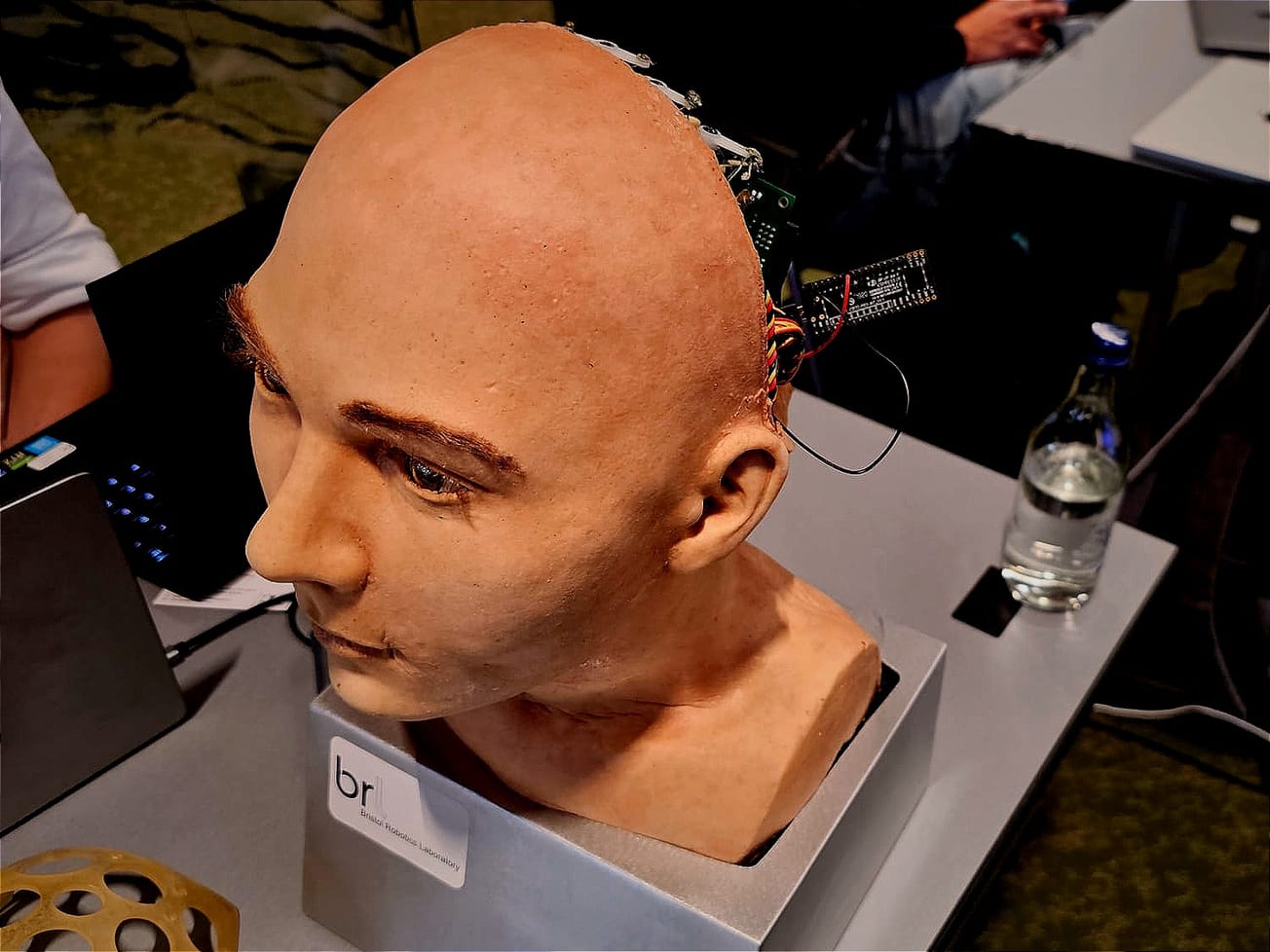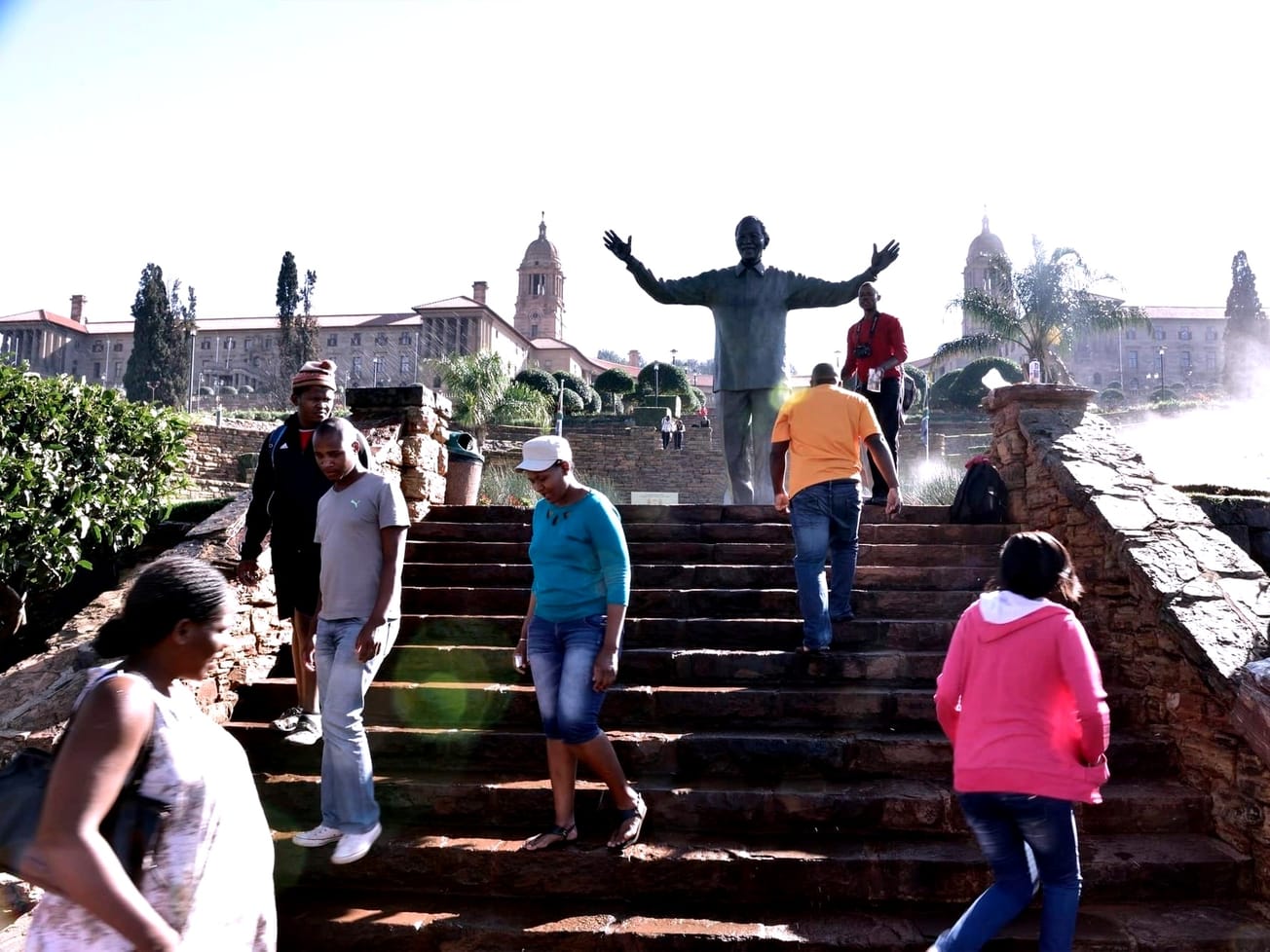LUSAKA, Zambia (AN) – African Union and European Union officials say they are increasingly turning to artificial intelligence to coordinate an ambitious decade-long program for advancing science and technology research projects.
The efforts highlighted at a workshop hosted by Morocco in Marrakesh on Tuesday are part of the A.U.-E.U. Innovation Agenda's 10-year framework focused on cross-cutting issues and four priority areas: public health, green transition, innovation and technology, and capacities for science.
"For us to implement the science innovation agenda we have a framework known as 'Science, Technology and Innovation Strategy for Africa' from 2025 to 2054," said South African quantitative economist Lukovi Seke of the A.U. Development Agency and A.U. co-chair of the A.U.-E.U. Innovation Agenda Working Group.
"Economic integration is a must for us. And when we see everything we have around us, science, technology and innovation are indeed enablers," he said. "We launched the white paper on artificial intelligence that is supporting the continental strategy, and we are busy now setting up the AI component of the A.U.-E.U. Innovation Agenda."
Part of the workshop aimed to provide information on opportunities, capacity building, and AI-assisted training options for researchers and innovators working on African-European initiatives, said Vincenzo Lorusso, a policy officer for E.U.-Africa cooperation on science, technology and innovation and E.U. co-chair of the working group.
"Indeed this workshop is about fostering connections," he said, "besides sharing information on readily available opportunities in terms of capacity enhancement and funding."
As the fourth in a series since Dec. 2023, the Marrakesh workshop highlighted how AI is reshaping key sectors like climate action, food security, public health and digital transformation. It was held at GITEX Africa 2025, the continent's biggest technology exhibition, organized by Dubai World Trade Center's Gulf Information Technology Exhibition.
'Informal youth groups' accelerating AI in Africa
Some of the outstanding issues with AI revolve around efforts to incorporate African languages into its development. One initiative, the AI Hub for Sustainable Development led by Italy and the U.N. Development Program, aims to build more inclusive and representative datasets, develop local AI talent, make the computing infrastructure more environment-friendly and less expensive, and promote responsible AI practices.
A lot of Africa's AI development is driven by "communities of practice," said AI consultant Essa Mohamedali, co-founder of Tanzania AI Community, which tries to bring together people who are passionate about AI and want to use it to promote sustainable development and solve social challenges.
"These are informal youth groups that are coming together and deciding that we want to build cool things. That is a lot of what's happening in Africa," he said.
It's being driven by small communities out of universities, out of informal gatherings, of a bunch of youth who are like, 'This technology is cool. Let's see what we can do with it.' And slowly those communities go from one small group of five to a group of ten, to a group of 600, to a group of thousands. And that's what the drive is happening in Africa. When it comes to artificial intelligence, we need to recognize a lot of these communities."
John Heilprin contributed to this report from Geneva.









